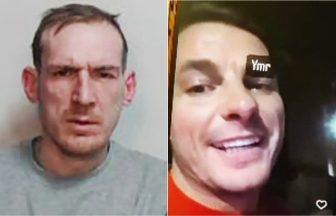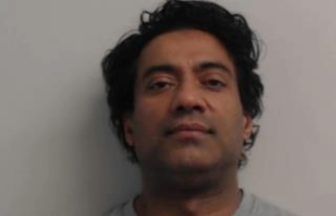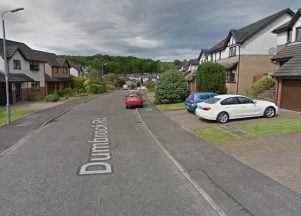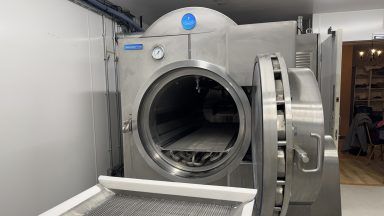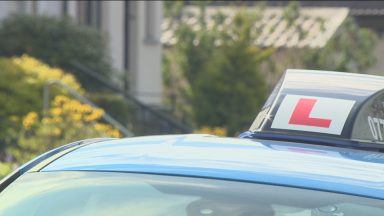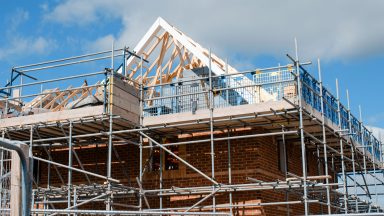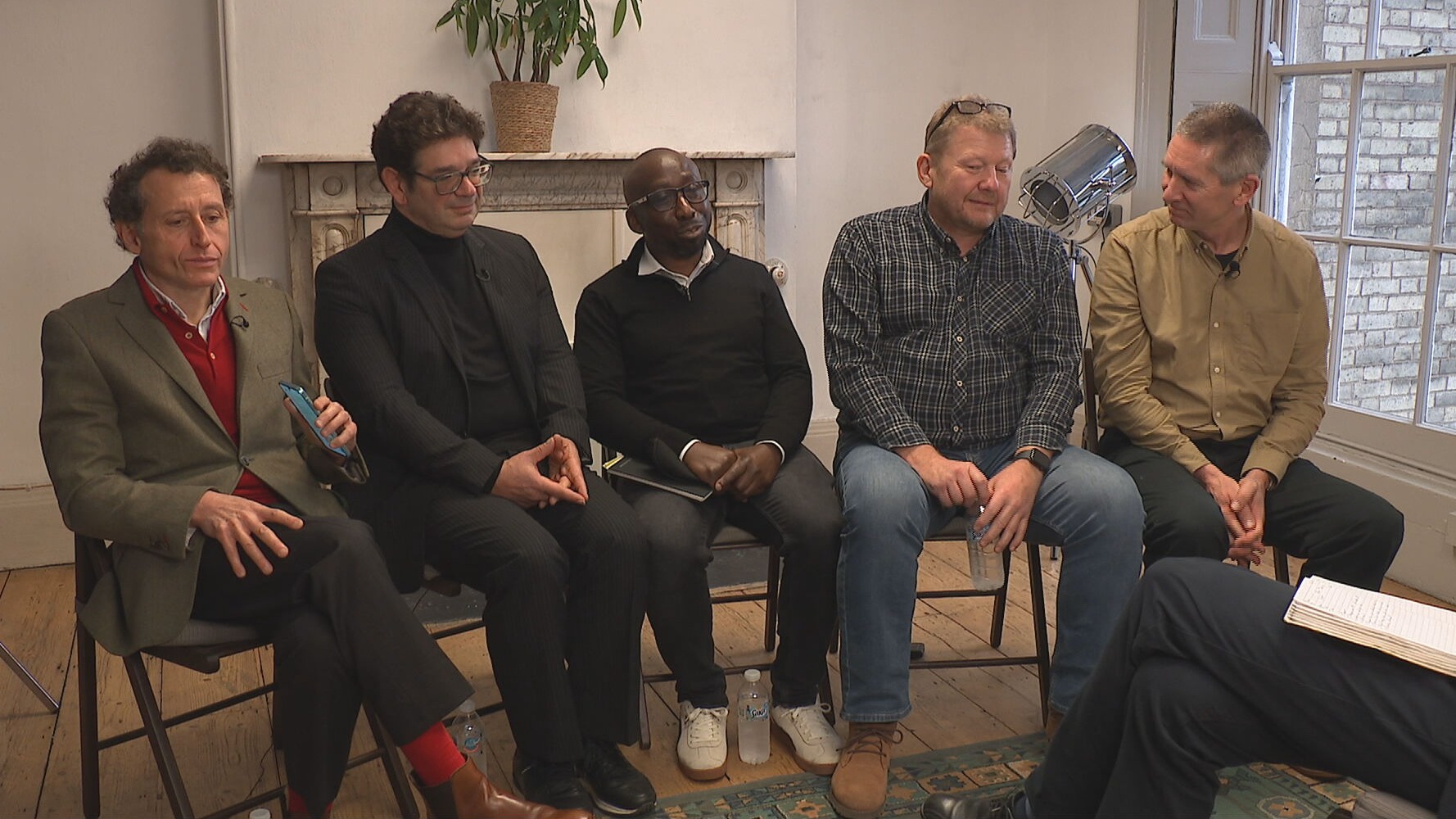A woman whose husband was in a care home during the early stage of the Covid-19 pandemic said she was made to feel like a “nuisance” by staff, an inquiry has heard.
Alina Duncan, from the Care Home Relatives Scotland group, gave evidence to the Scottish Covid-19 inquiry on Friday.
Her husband, James Duncan, known as Jim, was diagnosed with a rare form of dementia in 2008 when he was 55.
He went into care in 2016.
Mrs Duncan told the inquiry it was difficult to keep in touch with her husband in the early stages of the pandemic because the care home did not have broadband.
The care home attempted to put in place new ways for families to contact loved ones such as iPads, but Mr Duncan struggled with his eyesight and was not able to use these devices.
Mrs Duncan said she “couldn’t understand” why she was unable to see her husband.
She told the inquiry she called the care home every day for an update on Mr Duncan, but felt staff were not giving her enough information about him.
Senior counsel to the inquiry Stuart Gale KC asked Mrs Duncan: “Did you feel like a nuisance for phoning so much?”
Mrs Duncan responded: “Very much so. I was told on a few occasions: ‘Look, we are very busy, we can’t just answer the phone all day.’”
The inquiry heard Mrs Duncan noticed a decline in standards at the care home which Mr Duncan had been a resident of since 2016.
She did not see her husband for 17 weeks in 2020, she told the inquiry.
Mrs Duncan told the inquiry her father-in-law was in the same care home as her husband, and she received a call one day from the home to tell her that her father-in-law was dying.
She said care home staff told her to do a Covid test and she could go down to be with her father-in-law.
 Scottish Covid-19 Inquiry
Scottish Covid-19 InquiryBut later, the inquiry heard, Mrs Duncan was told by staff: “Well, you can’t just sit here all day.”
Mrs Duncan insisted that her father-in-law see his son, her husband, and the staff brought him over at 8pm.
She said: “The weather was horrendous, it was wet, Jim didn’t understand what was going on.
“He wasn’t happy when he came in and he started shouting.
“His dad couldn’t understand it and asked him what was wrong.
“Eventually I said: ‘Just take him away’.
“His dad had seen him. It was awful.”
Mrs Duncan also faced opposition to being her husband’s designated visitor from the care home.
She said: “I had spent my time phoning public health, phoning the Care Commission.
“They both said, when I described Jim’s condition: ‘Absolutely you should be the designated visitor. You should be getting in, his condition allows it.
“But the care home very much were, well, no.
“It was only after a lot of pleading, a lot of shouting they actually did let me in.”
Mrs Duncan had found out about the designated visitor status through the Care Home Relatives Scotland Facebook page.
Another witness to the inquiry on Friday, Lucy Challoner, told the inquiry she found out information about essential visitor status and designated visitor status through similar social media networks.
Both women said they did not hear about visitor status from their respective relatives’ care homes.
In her written statement, Mrs Duncan said: “The care home made me feel like a criminal for wanting to see Jim.”
Mr Gale asked her what made her feel like a criminal.
Mrs Duncan said: “Some of the comments that were made.
“If you had to make an appointment, sometimes I think I was constantly just on their backs. I was a wee bit younger so I was able to do that.
“Particularly the office staff and the manager were just like: ‘We can’t let you do that because everyone will want to do that.’
“Some of the comments were just really not nice.”
Mr Duncan died in August 2022.
In the afternoon, the inquiry heard evidence from witness HSC0049, who wished to keep her name private, and from Tracey McMillan.
Witness HCS0049 told the inquiry of her father, who had dementia, and said she believes his condition worsened due to being cut off from his family while living in a care home.
He died on September 6 2021.
Ms McMillan’s mother died in hospital due to diabetes, the inquiry heard.
She said the restrictions in her care home made it more difficult for staff to manage her condition, stating that towards the end of her mother’s life, she lost three stone in weight and began to deteriorate significantly.
She was eventually moved to hospital for end-of-life care.
The hospital allowed her to stay in the ward with her mother for several days before her death on April 25 2021.
The inquiry, before Lord Brailsford, continues.
Follow STV News on WhatsApp
Scan the QR code on your mobile device for all the latest news from around the country


 PA Media
PA Media

